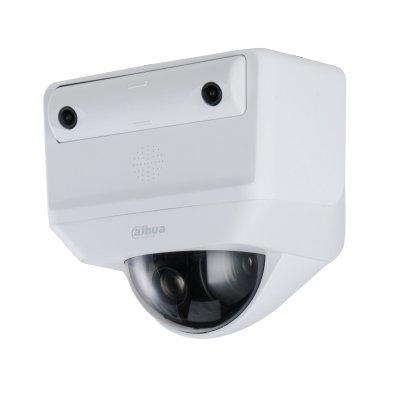 |
| Ingersoll Rand will explain how Villanova University is currently piloting its use for access control on campus |
Attendees at both the upcoming ISC West Exposition and the National Association of College Card Users (NACCU) Conference can get a sneak peek at the future of credentials by way of Villanova University and the University of San Francisco where students and faculty are taking advantage of the latest in security technology by using their personal mobile phones to enter dorms, classroom buildings and offices. Near-Field Communications (NFC) is the rage in the mobile phone market and is causing the number of NFC-enabled phones to increase substantially and quickly.
At ISC West, Josh Palmerio, customer service manager for University Card Systems at Villanova University and Jeremy Earles, Ingersoll Rand portfolio manager, readers and credentials, will explain how Villanova is currently piloting its use for access control on campus, making it ultra-convenient for students to manage their university credentials plus saving time and money for the administrative staff. They will discuss how Villanova’s system issues access credentials virtually to student phones and how the students perceive this innovative way of using access control and other campus features that are normally associated with physical smart cards or student credentials. The presentation will be held on April 10 at 10:00 a.m. in Room 201 of the Sands Convention Center in Las Vegas.
At NACCU, attendees will hear Kathy Gallagher, director of University Card Systems at Villanova, and Jason Rossi, director of One Card and Campus Security Systems at the University of San Francisco, along with Earles, provide their perceptions on the future of this technology. This presentation is on April 15 at 11:00 am in the Disney Contemporary Resort in Orlando.
“These presentations will be extremely useful for anyone concerned with credential management issues,” explains Earles. “Attendees will learn how the NFC pilot programs were executed and how both universities are using the technology on campus. We will identify how students and administrators benefit through the introduction of NFC into a campus environment. Lastly, we will assess the opportunities NFC technology might hold for the future of access control and how it could reflect onto other campus environments or market segments.”

















